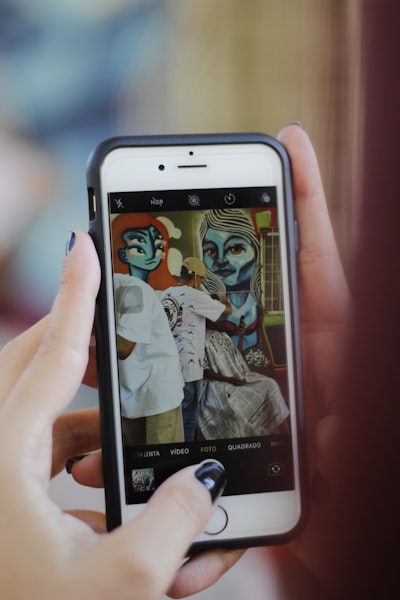At what point does a username cease to be just a playful alias and morph into a mask for our darkest ambitions? The anonymity of the internet has long been both a playground and a purgatory—a place where some find liberation, others, their undoing.
Consider this: in classical Japanese theatre, actors wear masks to portray demons, spirits, and gods, blurring the boundary between human and non-human. Today, social media offers its own kind of mask; under the right conditions, Twitter can become an eerie stage where personas are constructed and concealed with terrifying effect.
Yet, the existence of a 'Twitter killer' also prompts a radical question: if identity can be so fluid and hidden online, what keeps most of us grounded in empathy and moral responsibility? Is it the assurance of being known, or simply the lingering awareness that, behind every avatar, another real human can be hurt?
Perhaps, as our lives grow ever more entangled with our digital selves, we should pause and consider what kind of masks we choose to wear—and at what cost.
This article was inspired by the headline: 'Japan executes 'Twitter killer' who murdered and dismembered nine people'.

Comments
No comments yet. Be the first to comment!